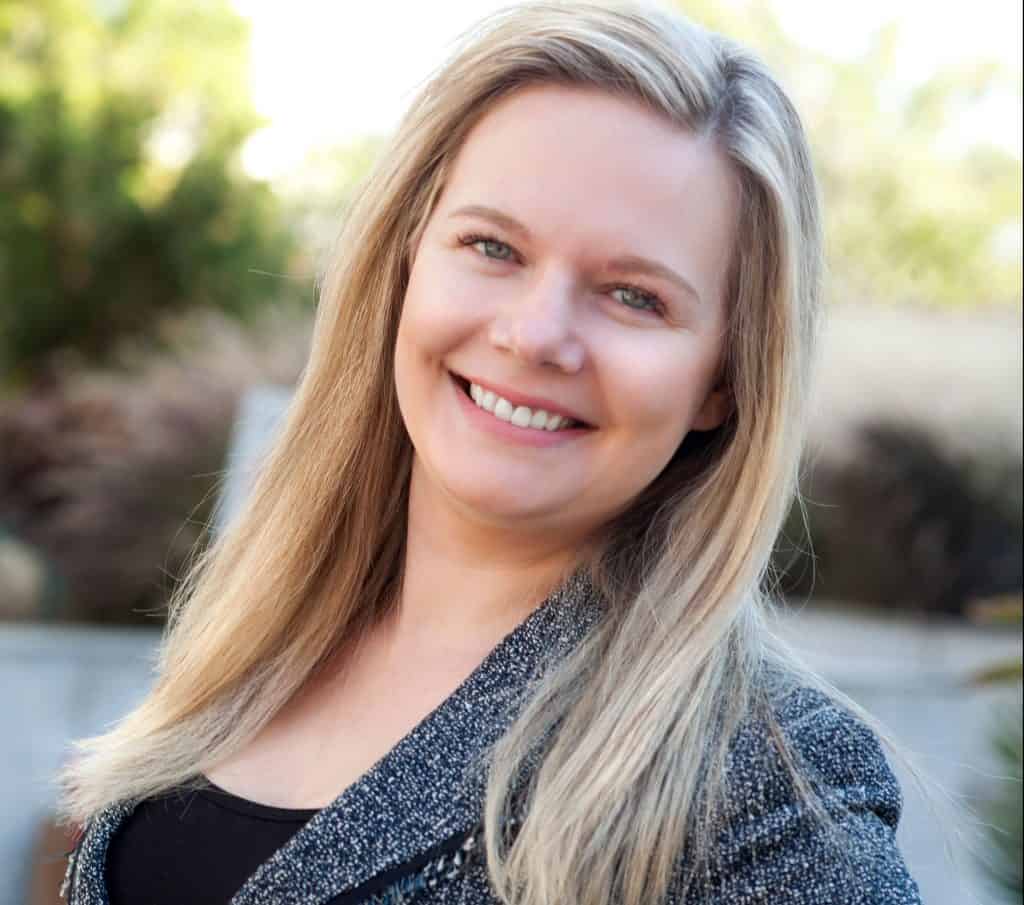12 Days of SSAP: Bond Project – Get Ready for 2025 and Q1 Reporting

JLK Rosenberger is carrying on our holiday tradition of taking a new perspective on a holiday classic – the Twelve Days of Christmas. Rather than filling your head with turtle doves and gold rings, we are focusing on the latest changes to SSAP and how they will impact your insurance entity in 2024 and beyond.
Our 11th Day post relates to the accounting and reporting transition changes under the revised bond definition project. We recap the most significant changes carriers should expect for Q1 2025 reporting and provide suggestions on how to prepare for them. The new guidance becomes effective on January 1, 2025, and is key information heading into year-end 2024 and 1st Quarter 2025.
Acquisitions and Disposals
The first issue is reporting acquisitions and disposals of securities. Even though we do not need to worry about schedules D and BA for quarterly reporting, the acquisition and disposal schedules included in the quarterly statement beginning with the first quarter filing will have new reporting categories. If disposals are reported during the first quarter, the investment categories reported at year-end must align with the new reporting categories. This means everything from last year must be brought into the new reporting categories for the first quarter. Specifically, it will be most relevant for those securities that were reported as bonds at year-end that would need to be moved to Schedule BA under new bond definition guidance. If there are securities that need to be moved from Schedule D to Schedule BA, it will need to be done in the following order:
- For securities recorded at fair value: reverse the unrealized adjustments to bring it back to amortized cost
- Record the disposal of security at amortized cost to remove it from Schedule D
- Purchase the security at the same amortized cost for Schedule BA
- Record any adjustments to bring the security to correct Schedule BA value
So, where do we start with this? The important thing to remember is that there is no “grandfathering.” Every security will need to be assessed and reclassified in accordance with the new guidance. Companies that have conservative portfolios might not need to worry as much about reclassification of securities from Schedule D to BA unless there are private placements that will need to be evaluated in more detail. The good news is that once the determination is made that the security qualifies to be reported as a bond, no reassessment is required. Special consideration should be given to securities issued by Special Purpose Vehicles (SPV). Even though these types of investments might have designations issued by the SVO, it does not automatically qualify them as asset-backed securities, as companies have an option to apply to get a specific security rated to receive a reduced RBC charge. Consequently, underlying assets must be evaluated separately to determine if such security qualifies to be reported on Schedule D.
Keep in mind the valuation method for bonds. Under the new guidance, only generic bonds that are purely Issuer Credit Obligations, or ICOs (meaning they are only issued on a promise to pay) qualify for accounting treatment under revised SAP No. 26, Bonds. All other bonds will fall under accounting treatment in SAP No. 43, Asset-Backed Securities.
Cash, Cash Equivalents and Short-Term Investments
Revisions to SAP No. 2, Cash, Cash Equivalents, Drafts, and Short-Term Investments, resulted in a change in what can now be recorded as cash equivalents and short-term investments. Below are the investments that can no longer be reported on Schedules E and DA, regardless of the maturity date:
- Asset-backed securities in scope of SAP No. 43
- All investments that would be reported in Schedule BA, if long-term
- Mortgage loans in scope of SAP No. 37
- Derivatives in scope of SAP Nos. 86 and 108
- Investments in parent, subsidiaries and affiliates
- Securities that reset at predefined dates or have other features that result in different terms than contractual maturity
Transition Disclosure
Transition disclosure is required for the Q1-2025 statement only. Even though there is no set format for the disclosure, NAIC recommends including the following information in Note 21C:
- Aggregate BACV reclassified off of Schedule D
- Aggregate BACV after reclassification off of Schedule D that resulted from change in measurement basis
- Aggregate surplus impact as a result of reclassification off of Schedule D
RBC Considerations
All these new classifications will likely influence companies’ investment strategies going forward as they might impact the RBC calculation. We are not aware of any RBC changes for factors yet (except the RBC charge when moving investments off Schedule D to Schedule BA), but it is reasonable to expect that there will be potential future adjustments.
Model Law Considerations
Every state and territory in the U.S. has a model investment law that either relies on a “prudent person” approach and leaves accountability to the company’s judgment or uses a finite model that sets limits on how much can be invested in different types of securities. Companies need to ensure they stay in compliance with the rules in their state of domicile after all the adjustments to investments have been recorded under revised statutory guidance.
Software Considerations
Some software vendors were proactive about the changes in reporting classifications and started rolling quarterly acquisitions and disposals beginning in 2023 to assist their clients with transition. Others started later as they were waiting for more information to become available and are doing their best now to conform to the new requirements. However, it is important to remember that regardless of the readiness of the software provider used, the ultimate responsibility for the accuracy and completeness of financial information reported to the regulators is with the reporting entity.
Deep Dive: Learn more about what’s brewing at SAPWG and our hot takes on items being discussed.









